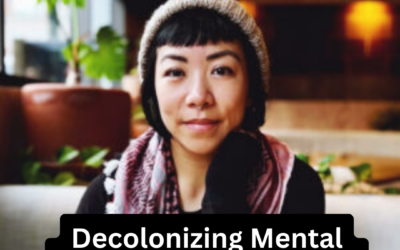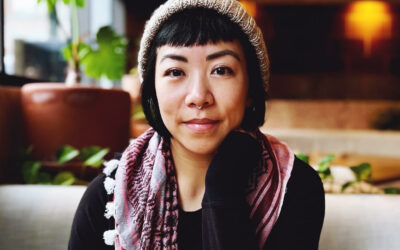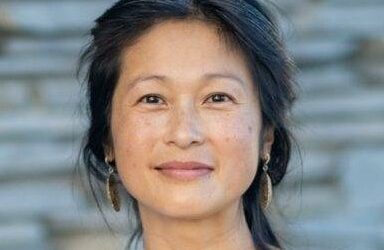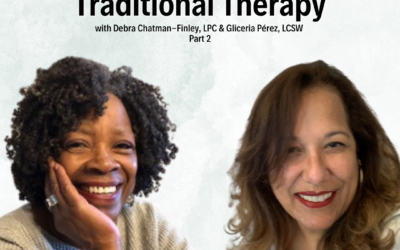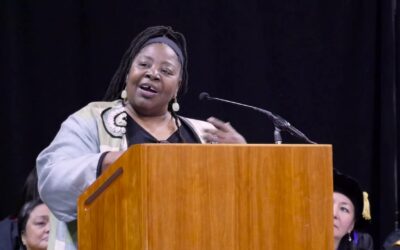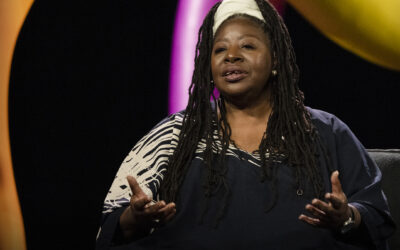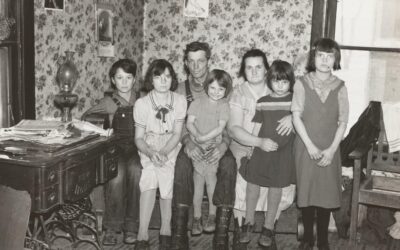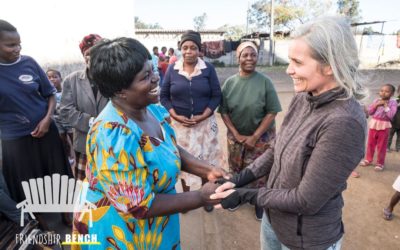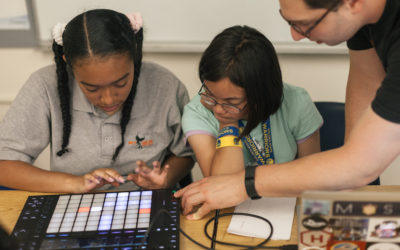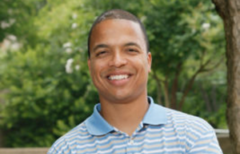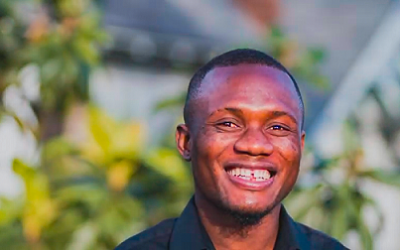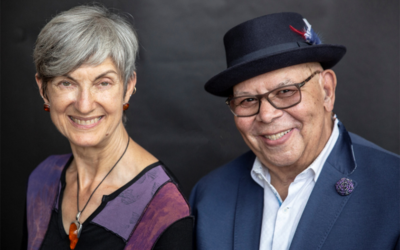Podcast: Play in new window | Download (Duration: 1:04:51 — 148.4MB)
Subscribe: Apple Podcasts | Spotify | Amazon Music
Join co-host Sue Marriott and Dr. Shena Young as they dive into liberation psychology and the conflict between intuition and the traditional European model of psychology. Dr. Shena highlights embodying a holistic approach to help heal traumas and deeply root us in our most authentic selves. Whether through connections with nature and/or the exploration of ancestral traditions, this discussion is enriched with various opportunities to reconnect and liberate our mind, body, heart, and spirit.


